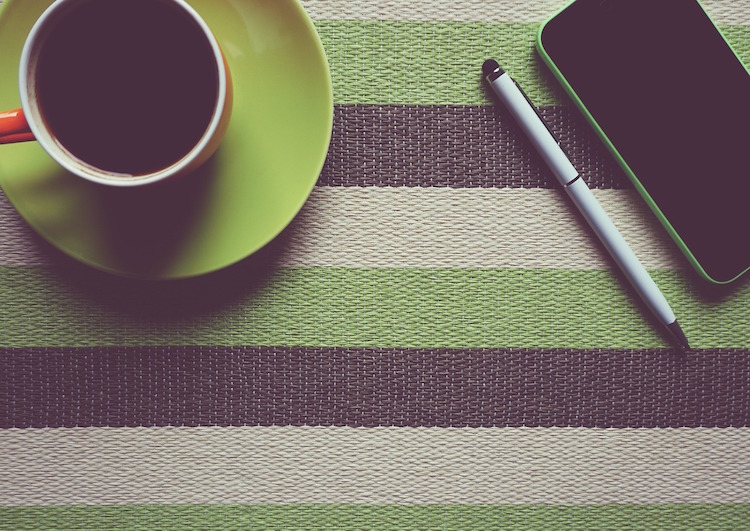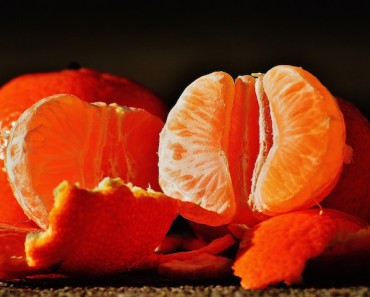Coffee. It’s the workaholic’s legal drug of choice. It helps us wake up earlier and gives us the energy we need to accomplish all our daily tasks, and then some. It is the magic potion that enhances our productivity.
Or does it?
Though you might not know it, depending on caffeine to boost your productivity is a dangerous road to travel down. Coffee itself isn’t bad for you: studies continue to point to evidence that, in moderation, it has numerous health benefits. However, in excess, drinking it constantly will eventually crush your productivity, not make it stronger.
Here are a few hidden effects of coffee that can make you less productive, including some tips on how you can still enjoy your favorite drink without going overboard.
1. In the long-term, coffee actually makes you more tired
Why do you drink coffee? For some, coffee just tastes good. It does feel good, too: it’s a drug, after all, even in small amounts. Let’s be honest, though: most people drink coffee regularly not because they like it, but because it supposedly has the power within its chemical structure to wake them up … and keep them awake. Coffee does work this way, but not if you depend on it too much for too long.
Caffeine blocks specific receptors for hormones in our nervous system, which is why we feel so wide-eyed and energetic after our usual morning latte on our way to work. As you may already know, though, the longer we depend on caffeine, the more we have to drink to feel the same stimulating effects. Eventually, sleep deprivation will catch up to us, and no amount of coffee will be able to undo the damage.
Have you ever had a cup of coffee late at night, so you could stay up just an hour later to put the finishing touches on a project before squeezing in a few hours of sleep before the sun comes up? You have probably noticed that you wake up much more tired than usual, even when you have a morning cup of coffee or two to wake you up.
Caffeine can only do its duty for so long before our bodies just won’t respond the same way to it anymore. While one cup of coffee used to be able to give you the energy you needed to get through the morning, that just won’t cut it anymore. Eventually, you’re going to feel tired no matter what you do. You are much better off using coffee as a mid-morning reward for a job well done than as something you rely on to stay awake.
2. That post-caffeine “crash” is more harmful than you thought
We have all been there. It’s barely 10:00 in the morning, you’ve already had three cups of coffee and your to-do list is quickly growing smaller. You feel great! Until suddenly, you don’t. You’re crashing. Your motivation to continue crossing things off your to-do list has basically evaporated.
Caffeine causes our bodies to produce more of a few specific types of hormones than usual. When the caffeine starts to wear off, and those excess hormones aren’t being produced anymore, their effects start to fade, too. Hence why you can sometimes feel as though your body is physically “crashing.”
Constantly dumping coffee into your system and then suffering one of these crashes isn’t going to do anything good for your ability to be productive. You will feel irritable and impatient. Many people get headaches. The worst part is, the only thing you’ll be able to think of to fix it – drinking more coffee – will only make the problem ten times worse.
You’d be surprised how much more you might be able to accomplish without constantly suffering a caffeine crash. It is possible to find other, more natural ways to wake up. Over time, if you stop depending so much on caffeine, you may be able to work straight through the afternoon without a single headache or caffeine-induced mood swing.3
3. Caffeine is still a drug, not a magic potion
Caffeine is a stimulant, otherwise known as just another type of drug. It’s a legal drug because it doesn’t have severely harmful effects to the body if ingested in moderation. However, it can still be overused, and its effects, while temporary, can make thinking clearly and making smart decisions while working an unnecessary challenge.
It doesn’t matter the kind of drug: each one is designed to provide a temporary, short-lived effect on the body. Caffeine is no different. For some, drinking even just one cup of coffee leaves them feeling anxious and unable to concentrate. While it may seem as though you’re feeling pumped and ready to conquer the world, in reality, your body is almost in its own state of heightened alertness that can manifest as panic.
If you have ever been nervous about anything, waiting for a test to come back or anticipating an answer to an email, you know how hard it is to concentrate when all the hormones in your body are trying to tell you to get up from your desk and run as fast and far away as you can.
If you really do need a cup of coffee in the morning to wake you up and put you in a good mood to get your day going, there’s nothing wrong with that. A little caffeine is actually good for you. Try to limit your intake to one or two regular cups, though, and don’t drink coffee after lunchtime. Never replace food with coffee to try and boost productivity. It will just giving you racing thoughts and make getting things done virtually impossible.
In small amounts, coffee can help motivate us to get more done. Sometimes, just having a fresh cup of coffee at your desk can make you feel ready to take on the day. You don’t have to give up coffee completely. Use it wisely and moderately, and don’t drink more of it just because you think it will make you more productive. In the long-term, it may do just the opposite.







